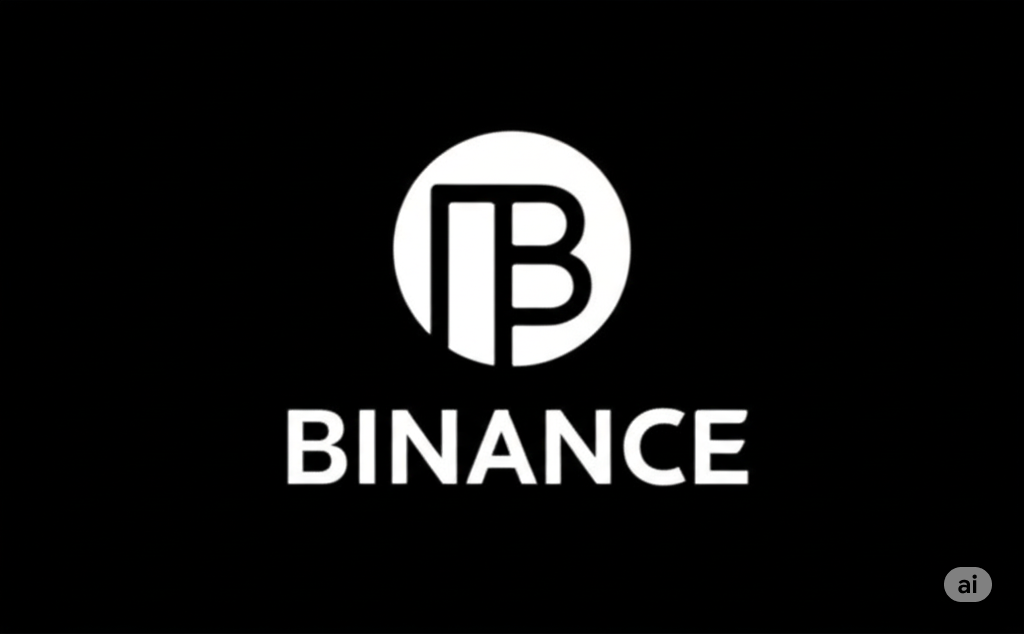The question of cryptocurrency legality in India has been a rollercoaster of discussions, regulations, and uncertainties for several years. As we move into 2025, it’s crucial to understand the current stance and what the future might hold for digital assets in the country.
Navigating the Regulatory Landscape (Looking Back)
To understand the 2025 situation, it’s important to briefly look at the journey so far. India has taken a cautious but progressive approach to cryptocurrency. Initially, there were concerns and even a brief period of a quasi-ban by the Reserve Bank of India (RBI). However, the Supreme Court overturned this ban, leading to renewed interest and activity in the crypto space.
Post the Supreme Court verdict, the Indian government began working on a more comprehensive regulatory framework. This involved consultations with stakeholders, exploring international best practices, and understanding the unique challenges and opportunities presented by cryptocurrencies.
The Current Legal Status in 2025
As of late 2025, the legal status of cryptocurrency in India can be summarized as follows:
- Not Legal Tender: Cryptocurrencies are not recognized as legal tender in India. This means they cannot be used as a direct medium of payment that creditors are legally obligated to accept. The Indian Rupee remains the official currency.
- Not Entirely Banned: While not legal tender, cryptocurrencies are not outright banned in India. Trading, investing, and holding cryptocurrencies are generally permissible, albeit within a defined regulatory framework.
- Taxation Framework: A significant development has been the implementation of a taxation framework for cryptocurrencies and other virtual digital assets (VDAs). This includes a tax on profits made from crypto trading and a TDS (Tax Deducted at Source) on transactions exceeding a certain threshold. This taxation signals a move towards recognizing and regulating the asset class rather than prohibiting it.
- Regulatory Scrutiny: Regulatory bodies like the RBI and the Securities and Exchange Board of India (SEBI) continue to maintain a close watch on the cryptocurrency market. There is ongoing discussion and potential for further regulations, particularly concerning investor protection, prevention of money laundering, and the stability of the financial system.
- Focus on CBDC: India is actively exploring the development and potential launch of its own Central Bank Digital Currency (CBDC), often referred to as the Digital Rupee. This initiative reflects the government’s interest in leveraging the benefits of digital currency technology while maintaining control over the monetary system. The introduction of the Digital Rupee could potentially influence the regulatory approach towards private cryptocurrencies.
What Does This Mean for You?
For individuals and businesses involved with cryptocurrencies in India in 2025:
- Compliance is Key: It is crucial to comply with the existing tax regulations and any other guidelines issued by regulatory authorities.
- Increased Transparency: The regulatory framework aims to bring more transparency to the crypto market, which can be beneficial for long-term stability and investor confidence.
- Potential for Further Evolution: The regulatory landscape is still evolving. Staying informed about any new rules or guidelines is essential.
The Future Outlook
The approach taken by India in 2025 suggests a move towards regulated growth of the cryptocurrency sector. While challenges remain, the government appears to be aiming for a balance between fostering innovation and safeguarding financial stability and investor interests. The interplay between private cryptocurrencies and the upcoming Digital Rupee will be a key aspect to watch in the coming years.
Disclaimer: This blog post provides a general overview based on the assumed scenario of late 2025. The legal and regulatory landscape for cryptocurrencies can change rapidly. It is advisable to consult with legal and financial professionals for the most up-to-date and specific guidance.












Leave a Reply